Princes and governments are far more dangerous than other elements within society
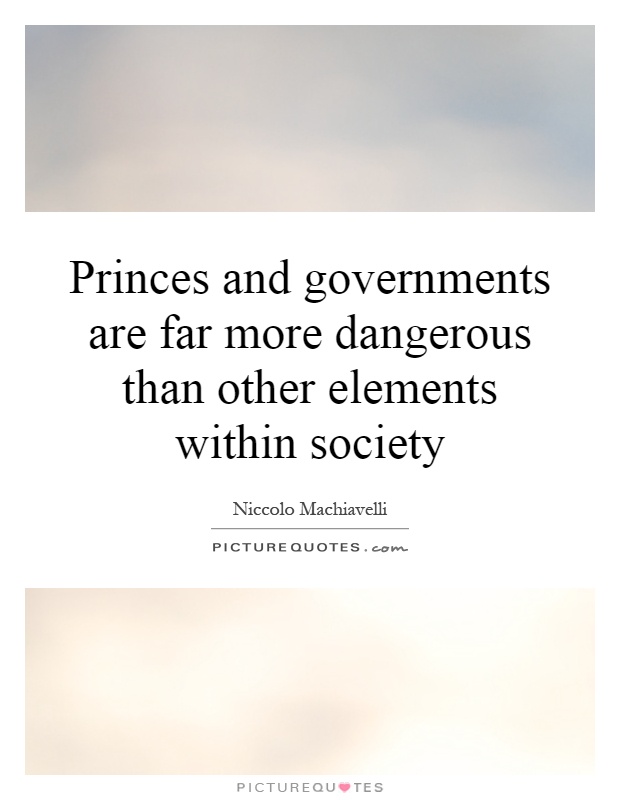
Princes and governments are far more dangerous than other elements within society
Niccolò Machiavelli, a renowned Italian philosopher and political theorist, is often associated with the idea that princes and governments are far more dangerous than other elements within society. In his seminal work, "The Prince," Machiavelli explores the nature of power and the strategies that rulers must employ to maintain control and achieve their goals. Through his analysis of historical examples and his own observations, Machiavelli argues that princes and governments possess a unique ability to wield power and influence that can be both beneficial and detrimental to society.One of Machiavelli's key insights is the idea that princes and governments have the potential to be more dangerous than other elements within society because of their ability to exercise authority and make decisions that impact the lives of their subjects. Unlike other individuals or groups within society, princes and governments have the power to enact laws, levy taxes, wage war, and shape the course of history. This concentration of power in the hands of a few individuals or institutions can lead to abuses of authority, corruption, and the suppression of dissent.
Machiavelli also emphasizes the importance of maintaining stability and order within society, which he argues is best achieved through the strong leadership of a prince or government. However, he cautions that rulers must be willing to use ruthless tactics and make difficult decisions in order to maintain their grip on power. This willingness to prioritize the interests of the state over the well-being of individual citizens can make princes and governments appear dangerous and oppressive to those who are subject to their rule.

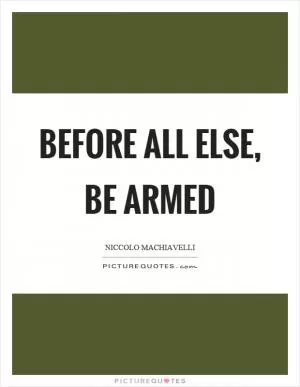


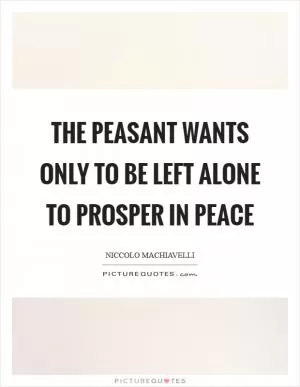
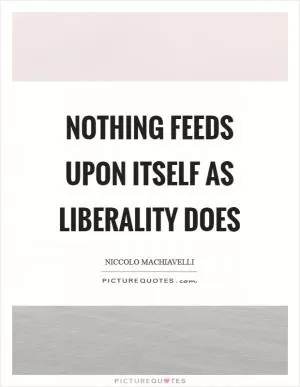

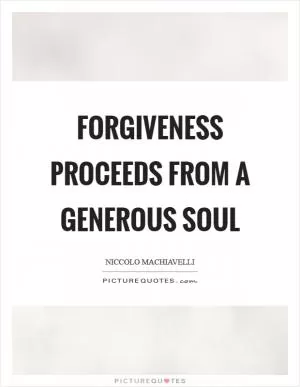


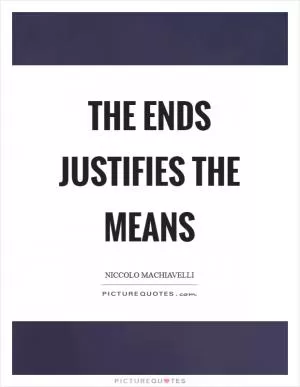
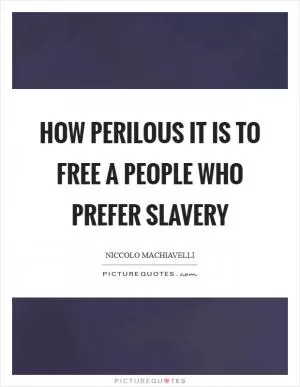
 Friendship Quotes
Friendship Quotes Love Quotes
Love Quotes Life Quotes
Life Quotes Funny Quotes
Funny Quotes Motivational Quotes
Motivational Quotes Inspirational Quotes
Inspirational Quotes